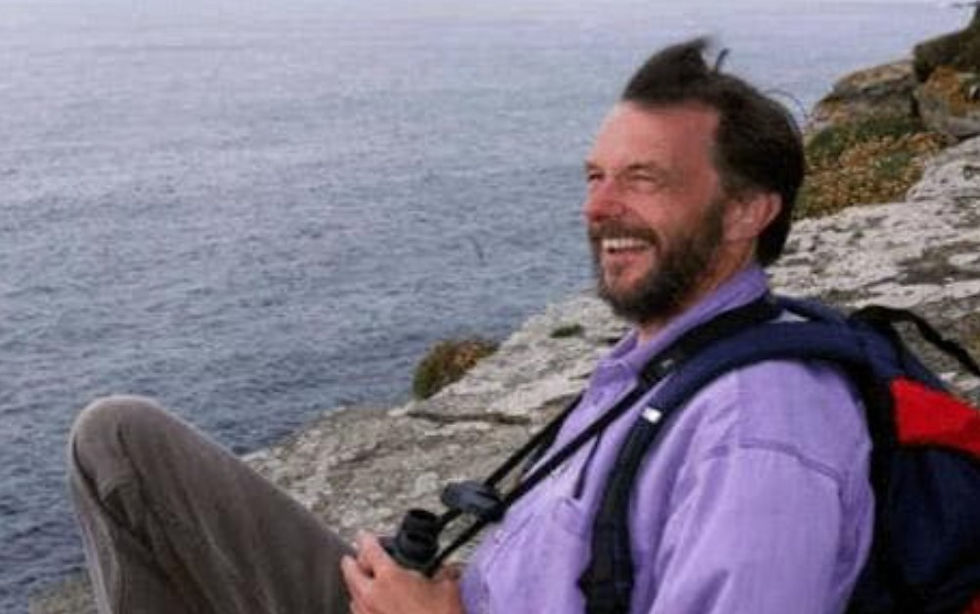Rule 2 / Case 2
- Moulton Avery

- Nov 29, 2021
- 2 min read
Always Dress For The Water Temperature
Michael and Daniel Madders August 23, 2009 - Loch Maree, Scotland
Dr Michael Madders, 52, a well-known and highly respected ornithologist, and his son, Daniel, 7, set out around noon on Sunday from Tollie Bay for a short, 20 minute canoe trip on Loch Maree, a remote loch in the Scottish Highlands. They were wearing fluorescent PFDs (lifejackets).

At twelve-and-a-half-miles long by two-and-a-half miles wide, with a surface area of 11 miles, Loch Maree is the fourth largest freshwater loch in Scotland and the largest north of Loch Ness.

The water in the Loch is very cold year-round, and area residents were quoted as saying that conditions on the lake were notoriously changeable and had been particularly poor that afternoon, with driving rain and waves that could easily overwhelm a small vessel such as a canoe. However, it's highly unlikely that the weather was bad when the pair launched their canoe around noon.
Tollie Bay is a short distance from the village of Poolewe where Dr. Madders had lived for the last few years with Daniel’s mother, Christine Cain, and when the pair didn’t return home on time, she went down to the loch to look for them and found their overturned canoe on the shore around 4:30 p.m.
The Stornoway coastguard rescue helicopter was scrambled shortly afterwards and located the missing pair by 5:30pm. Although reports indicated that both father and son were alive when found, they were pronounced dead when they arrived at the Western Isles Hospital in Stornoway after being airlifted across The Minch to the Outer Hebrides. Christine was left with the heartbreaking task of identifying their bodies.
Nick Thompson, manager of the Loch Maree hotel, was quoted as saying "I warned off three other kayakers on Sunday – the waves were 3ft high. It was dangerous conditions, there were white caps everywhere. A lot of people just don't know the loch. It can change quickly and become very treacherous suddenly." He also noted that a father and daughter had been lucky to escape with their lives three weeks earlier when their canoe capsized. Fortunately they had been able to swim to the shore.


Case Note:
Canoes are notorious for being very difficult or impossible to handle in strong winds. The most likely scenario is that a sudden change in the weather caught Dr. Madders and his son out on the loch. The high wind would have made it impossible for them to return to shore, and large waves would have filled the canoe with water or otherwise caused it to capsize. Wearing PFDs wasn’t enough. In those conditions they needed thermal protection to survive.
Major Contributing Factors
Not Dressed For Water Temperature
Unable To Recover From Capsize
Unable to Call For Help
Unaware of Hazards
Being Complacent / Overconfident
Lack of Weather Awareness
Unable To Deal With Wind and Waves
Paddling Solo



